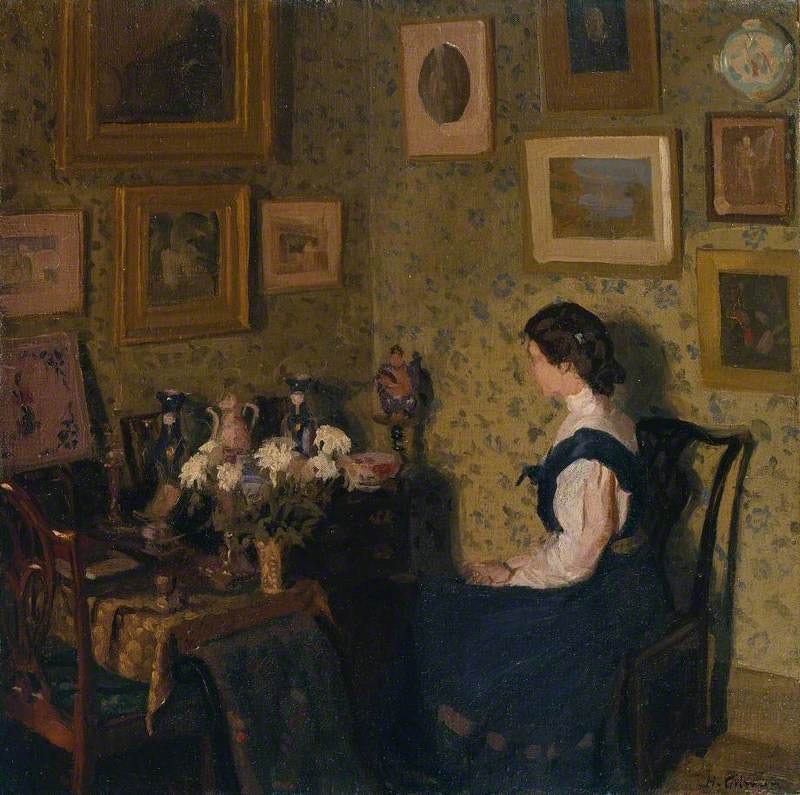Today’s Poem: Rebecca, Who Slammed Doors for Fun and Perished Miserably
Hilaire Belloc offers for children’s delight his tales of children coming to terrible ends

Appearing in 1907, Cautionary Tales for Children — subtitlted Designed for the Admonition of Children between the Ages of Eight and Fourteen Years — was the contribution of Hilaire Belloc (1870–1953) to a golden age of children’s books that ran more or less from Alice’s Adventures in Wonderland (1865) to The Wind in the Willows (1908).
Of the popular figures of his day, Belloc seems to have slipped from much popular memory — just as, among the public intellectual figures of the time, George Bernard Shaw and G.K. Chesterton remain, while Belloc (and H.G. Wells, as public figure) have faded. Partly that’s because Belloc was something of an anti-Semite, wrote faster (author of 150 books) than his mind could move, and opined loudly on far more topics than he understood. But even his Cautionary Tales has fallen away — to our loss, since, in addition to his faults, Belloc was also a genuine talent, if talented people are allowed to b…
Keep reading with a 7-day free trial
Subscribe to Poems Ancient and Modern to keep reading this post and get 7 days of free access to the full post archives.



